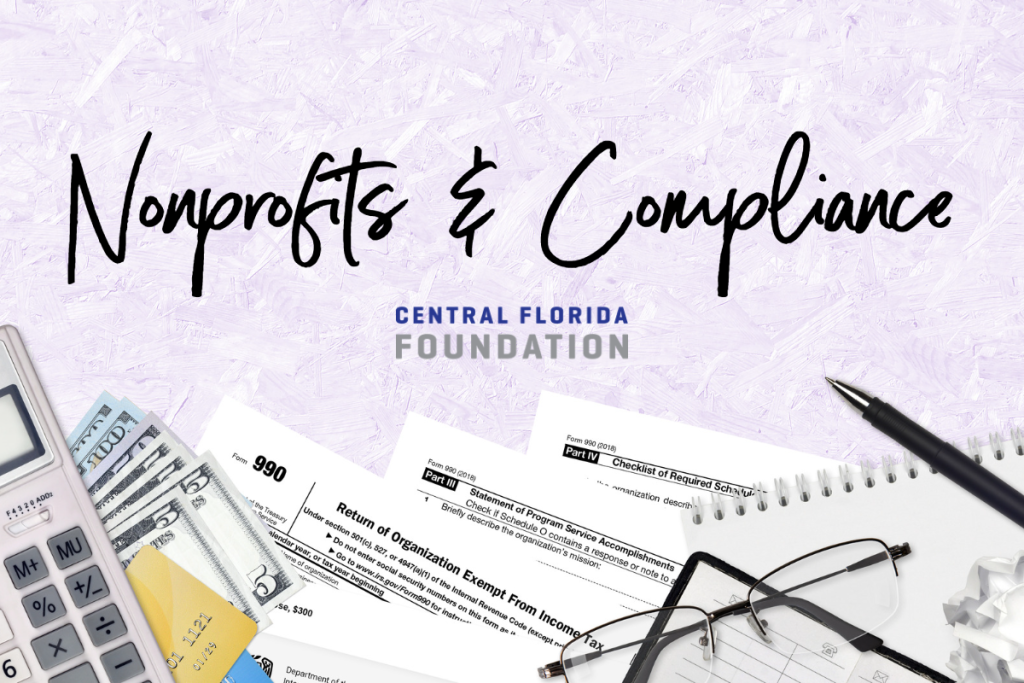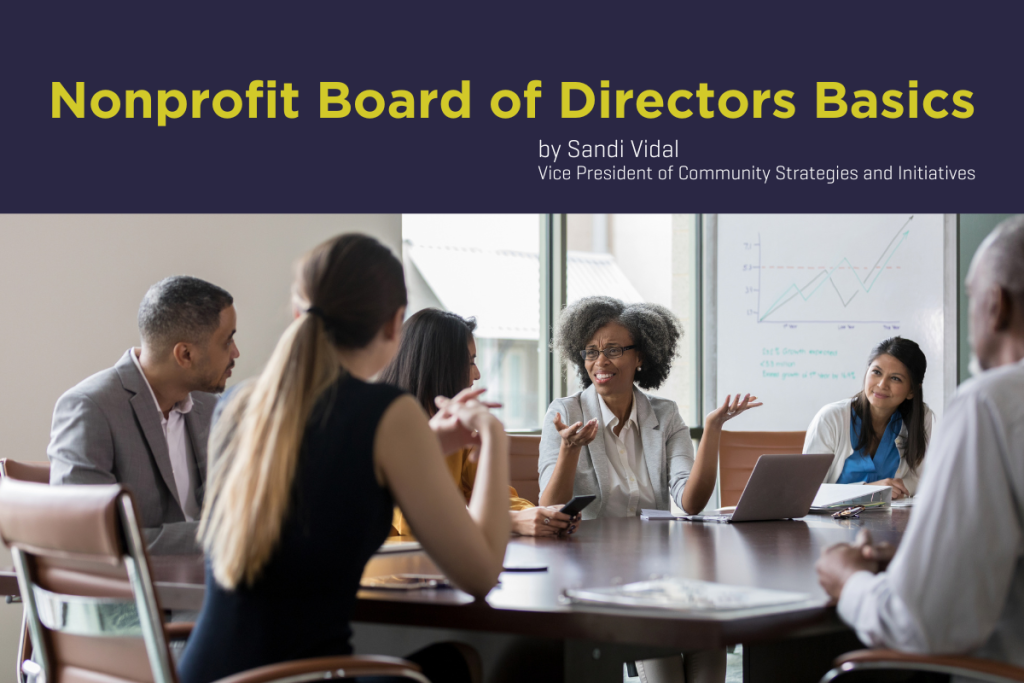
6 Nonprofit Policies Your Organization Should Have
Table of Contents
A recent survey of 437 nonprofit organizations in Nonprofit Search showed 58% of organizations have written policies and procedures for their organization. That number falls further when asked about whistleblower policies (54%) and document retention (49%). The number climbs a bit for nondiscrimination policies (72%) and conflict of interest policies (84%). Organizations under $100,000 in revenue were least likely to have all of these nonprofit policies in place.
Why is this important?
By having clear and well-written policies, the organization can protect itself from legal liability, promote a culture of ethical behavior, and ensure that it is operating in accordance with its mission and values.
6 Nonprofit Policies Your Organization Should Have
It is recommended for organizations to have the following policies:
- Organization Policies and Procedures are the rules and guidelines that govern how a nonprofit organization operates. They are often included in an employee handbook or in a standard operating procedures manual. They cover a wide range of topics, such as hiring and firing practices, financial management, and fundraising. These policies help to ensure that the organization is run efficiently and in accordance with its mission and values.
- Whistleblower Policy is a policy that encourages employees to report suspected wrongdoing within the organization. It protects employees from retaliation for making a report. A whistleblower policy is important for ensuring that the organization is accountable and that employees feel safe reporting problems.
- Document Retention Policy is a policy that outlines how long the organization should keep different types of documents. This policy helps to ensure that the organization complies with legal requirements and that it can access important records when needed.
- Nondiscrimination Policy is a policy that prohibits discrimination on the basis of race, color, religion, sex, national origin, age, disability, or any other protected characteristic. This policy helps to ensure that the organization is welcoming and inclusive to all people. Many funders will ask if an organization has this type of policy.
- Conflict of Interest Policy is a policy that prohibits employees or board members from engaging in activities that could create a conflict of interest between their personal interests and the interests of the organization. This policy helps to ensure that the organization is making decisions in the best interests of its mission and its beneficiaries.
- Confidentiality Policy is a policy that protects the confidentiality of information that is shared with the organization. This policy helps to ensure that the organization’s clients and donors can trust that their information will be kept safe.
More Policies to Consider & Key Resources
Nonprofits may also want to include policies such as sexual harassment, paid time off and holiday policies, and other employee-related policies in their handbook.
You can find templates and examples of these policies at the following websites:
Nonprofit Megaphone- Free Nonprofit Templates
How to Create a Nonprofit Search Profile
Nonprofit Search is a searchable database of profiles with information provided by nonprofits and validated by the Foundation team. It is designed to help you showcase your organization to potential donors and is the first step in being eligible for Central Florida Foundation grants. Each profile provides in-depth information about a nonprofit’s management, governance, financial health and programs.
Nonprofit Articles from Central Florida Foundation

Forms and More Forms: What Nonprofits Need to Know about Compliance

10 Tips on How to Write a Better Grant Application

10 Tips on How to Write a Better Grant Application
